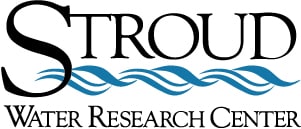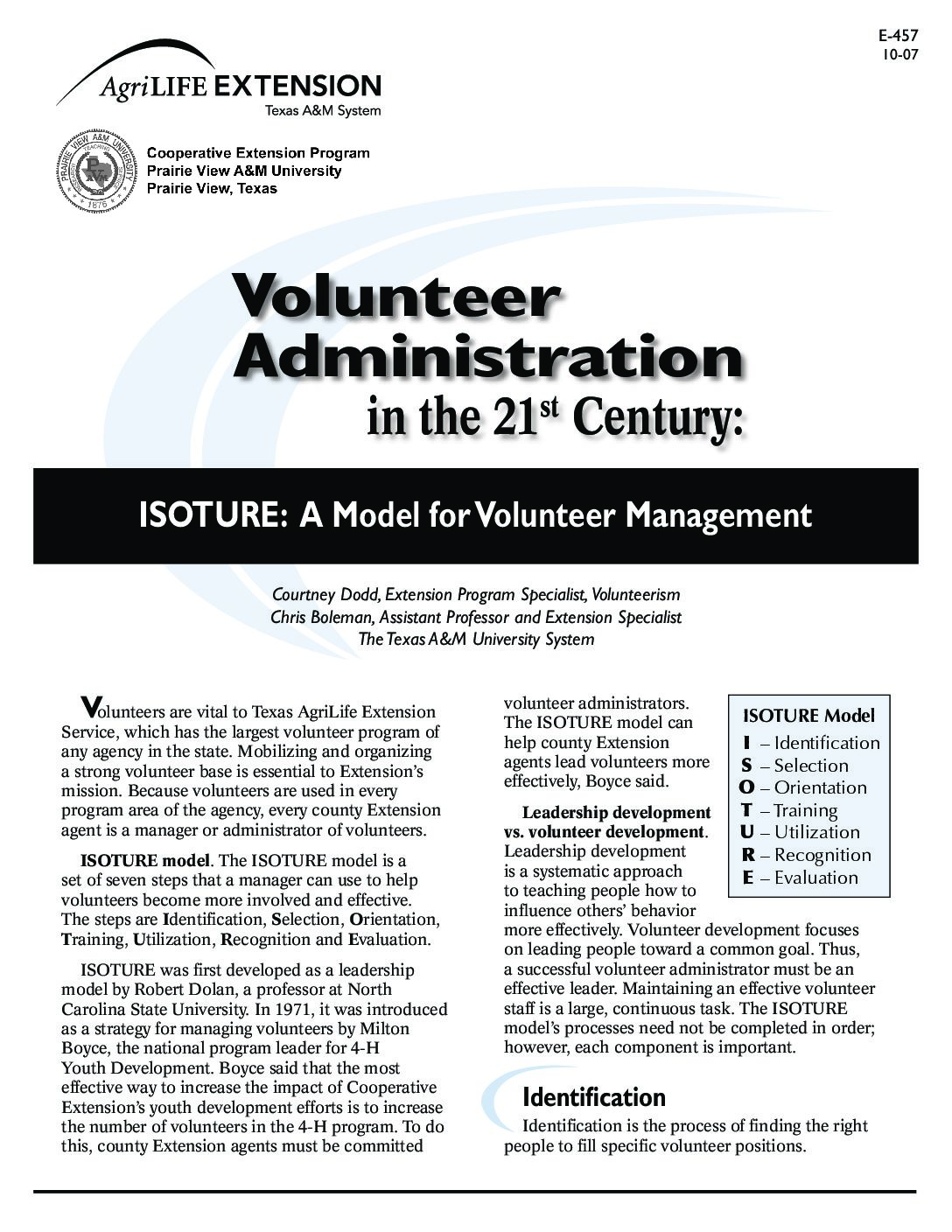Folks I heard back from Paul Hanson at GLEON. Here are his thoughts…
“One thought would be to have a few folks from DRWI
attend the next GLEON meeting, which will be in Canada in fall 2019.
Details will be online soon.
If there’s one lesson that’s above all others we’ve learned in GLEON, it’s
to focus on the people of the organization ‹ getting them involved,
empowered, and committed. This is done through shared leadership (three
standing committees ‹ steering, collaborative climate, and student
association), and involving the community in running the annual meetings,
and having them lead the science, education, and outreach. We have a
representative governance structure and operating principles and
procedures designed specifically for our grassroots network (see:
http://gleon.org/about/vision-and-mission). You are welcome to crib from
any of our documents. As part of the empowering approach, we’ve put a lot
of time and effort into supporting the GSA (GLEON Student Association).
Students are a source of energy, creativity, and productivity, not to
mention future leaders of GLEON and affiliated organizations…
…Might be easier to have a teleconference about this, if you think that might help.”
You can see the specifics of the GLEON structure at…
http://gleon.org/about/vision-and-mission
We’ll need to chart our own path but this gives us something to think about. Here are my thoughts on the path forward….
1) Organize a committee to discuss how the network will look after Phase II (III??) of the DRWI
2) Have a group go to the 2019 GLEON meeting (I’m a member so I’m happy to be one of these)
Let me know what you think folks. And Happy New Year 🙂
Paul



